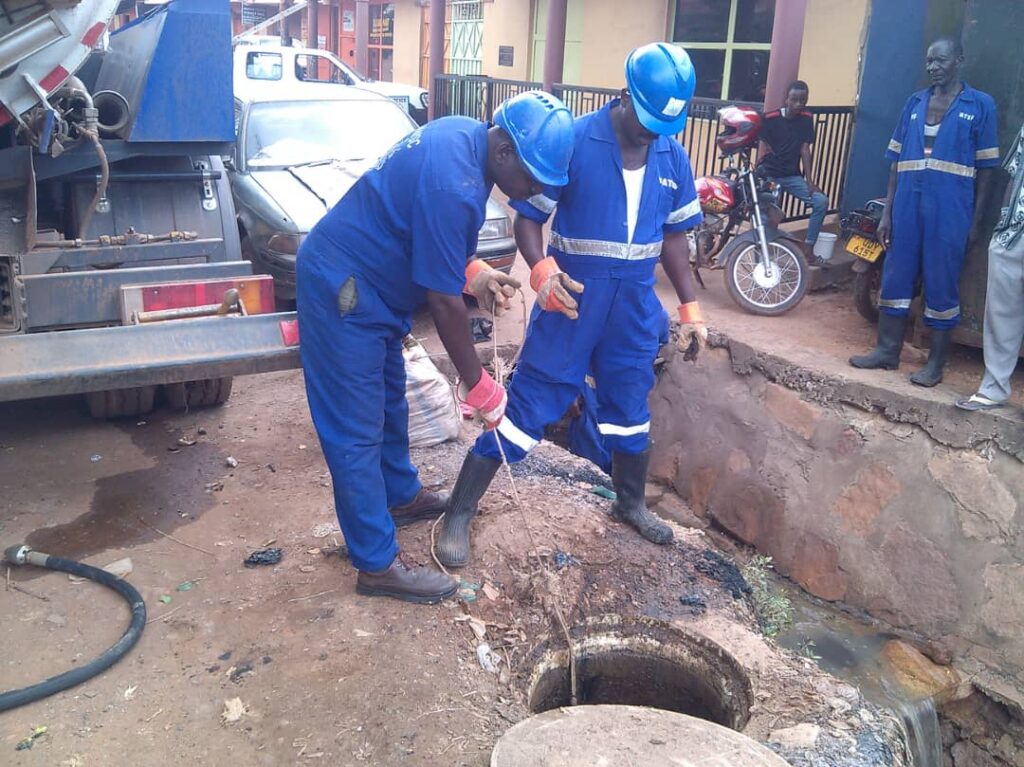
In an era where environmental consciousness should be at the forefront of societal priorities, the National Water and Sewerage Corporation (NWSC) finds itself grappling with an increasingly common yet preventable crisis. The diligent efforts of this corporation, tasked with collecting, treating, and safely disposing of sewage effluent, are continuously upset by the public’s improper waste disposal habits. The consequences are far-reaching, both economically and environmentally, a clear depiction of the urgent need for a collective change in behavior.
The NWSC is responsible for maintaining an intricate sewerage network that includes drains, manholes, pumping stations, and screening chambers. Each component is essential for the system’s overall functionality. However, the presence of non-biodegradable items such as rags, plastic bottles, and sacks in the sewage system significantly complicates this task. These materials cause blockages, necessitating costly and labor-intensive unclogging operations. In some cases, the damage extends beyond mere blockages, leading to the degradation of infrastructure, which requires expensive repairs or replacements.
Maintaining this vast network is no small feat. Regular inspections, maintenance work, and upgrades are critical to ensuring the system operates efficiently and reduces the risk of failures and overflows. Yet, the recurring issue of improperly disposed waste hampers these efforts, diverting resources that could be better spent on enhancing the sewerage services network that communities rely on.
Reliable sewerage services are indispensable for public health and environmental protection, and indeed the NWSC is committed to addressing this issue. A commitment very evident in the corporation’s ongoing efforts in areas such as downtown Kisenyi, Kamwokya, the golf course vicinity, and the industrial. Extensive cleaning and desilting of sewer lines in these regions are part of a broader strategy to mitigate the impact of waste mismanagement.
These actions, however, are reactive rather than preventive. The real solution lies in public participation and responsible waste disposal. Simply put, while the corporation remains persistent in its mission, the public must equally commit to proper waste disposal practices. For instance, reporting sewerage concerns promptly can aid the NWSC in taking swift and effective action, ensuring that minor issues do not escalate into major problems.
In essence, the success of the NWSC’s efforts hinges on public cooperation. Every improperly disposed item represents not just a piece of litter but a potential threat to the entire sewerage system’s functionality. It is time for the public to recognize their role in this dynamic and take proactive steps to support the NWSC.
The challenge is significant, but the solution is simple, dispose of waste responsibly!


